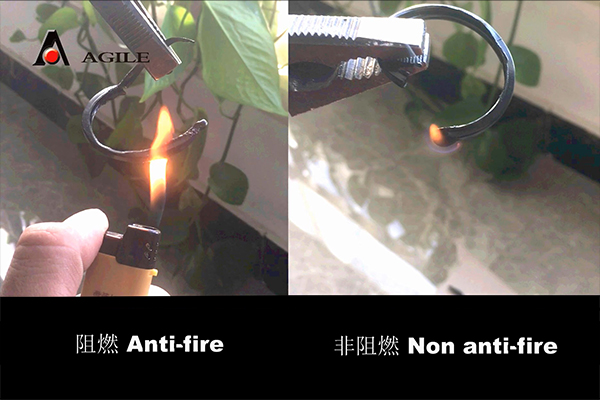Innovative Solutions for Efficient CNC Cable Chain Management and Organization
Understanding CNC Cable Chains The Backbone of Modern Machinery
In the realm of modern manufacturing, CNC (Computer Numerical Control) machines have revolutionized production processes. These machines, known for their precision and efficiency, rely heavily on various components to function smoothly. Among these crucial components, CNC cable chains play an integral role in ensuring that the machinery operates effectively while keeping everything organized. In this article, we will delve into what CNC cable chains are, their purpose, types, and benefits, as well as their impact on the manufacturing industry.
What is a CNC Cable Chain?
A CNC cable chain, also known as a drag chain or energy chain, is an essential component designed to manage and protect cables and hoses in CNC machinery. These chains facilitate the movement of electrical wires and hydraulic tubes as the machine operates, ensuring that they remain orderly and free from damage. During operation, the CNC machine’s moving parts can generate friction and strain on cables and hoses. Without a proper management system, these can wear down prematurely, leading to costly repairs and downtime.
The Purpose of CNC Cable Chains
The primary purpose of a CNC cable chain is to provide a safe and efficient means of cable management. When a CNC machine moves, the attached cables need to bend and twist accordingly. Cable chains ensure that these cables do not become tangled or pinched. This system promotes more reliable operation, reducing the risk of electrical failures due to damaged wires. Furthermore, using cable chains can significantly enhance the longevity of both the cables and the CNC machinery itself.
Types of CNC Cable Chains
CNC cable chains come in various designs, tailored for specific environments and applications. The most common types include
1. Open Cable Chains These are designed with gaps that allow easier access for installation and maintenance. They are ideal for applications where the chains do not experience significant contamination.
2. Closed Cable Chains These chains provide better protection against foreign objects and are well-suited for environments with debris or harsh conditions. They keep the cables secure and prevent dust accumulation.
3. Flexible Cable Chains These chains can bend and twist more easily, making them suitable for applications requiring tight turns and minimal space.
cnc cable chain

4. Heavy-Duty Cable Chains Designed for industrial applications that involve heavier loads, these chains are built to withstand greater stress and are typically made from more robust materials.
Benefits of Using CNC Cable Chains
Incorporating cable chains in CNC machinery offers several advantages
1. Enhanced Safety By keeping cables organized and protected, cable chains help minimize hazards associated with loose or exposed wires.
2. Improved Efficiency A well-managed cable system reduces the likelihood of malfunctions caused by cable damage, leading to greater operational efficiency.
3. Cost-Effectiveness Investing in cable chains can result in lower maintenance costs and downtime. By preventing cable damage, companies can save on repairs and replacements.
4. Simplified Maintenance Cable chains make it easier to access cables for inspections and repairs, promoting a more efficient maintenance routine.
5. Versatility Available in a variety of sizes and materials, CNC cable chains can be customized to fit specific machine needs, making them suitable for diverse manufacturing environments.
Conclusion
CNC cable chains may seem like a simple accessory, but their role in the functionality of CNC machines is profound. By offering a reliable solution for cable management, they help safeguard the integrity of machinery and ensure peak performance. As manufacturing continues to evolve, the importance of efficient and effective components like CNC cable chains cannot be understated. For businesses aiming to optimize their operations, investing in high-quality cable chains is a step toward achieving greater productivity and reliability in their CNC machinery.








